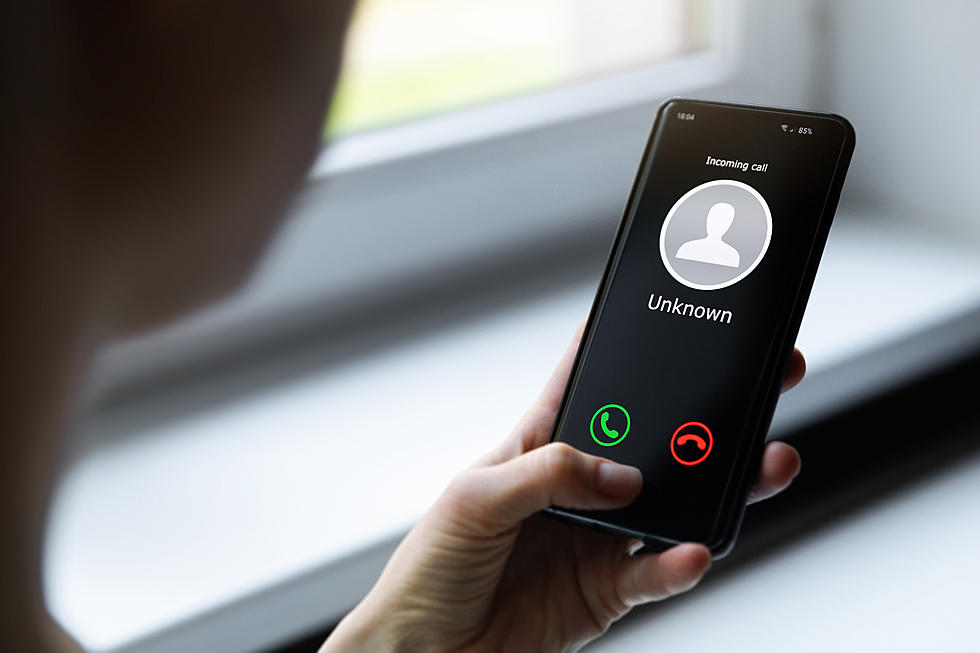
PSE&G, NJ reach deal for EV chargers — some say it’s not enough
Within the next few months, an effort to bring 44,500 residential, mixed use, and fast electric vehicle charging stations to New Jersey over a six-year period will commence, thanks to a $166 million settlement agreed to Wednesday between the state Board of Public Utilities and PSE&G.
"This is great for the air quality, this is great for clean energy, so we think this is the right step," Karen Reif, vice president of PSE&G's Renewables and Energy Solutions program, said.
Despite that enthusiasm, environmental groups that caught wind of the agreement quickly pounced. The nonprofit Environmental Defense Fund classified the pact as "weak" in a release, saying it does nothing to help reduce pollution from medium- and heavy-duty work trucks.
But last week, the BPU announced those concerns would begin to be addressed, in part, by a pilot program in Newark and Camden that would incentivize businesses for purchasing low- or zero-emission electric vehicles.

Both programs are being positioned as cornerstones of New Jersey's Energy Master Plan, which aims for 50% clean energy use by 2030, and 100% by 2050.
The Garden State currently has some catching up to do, according to Reif.
"New Jersey, in fact, right now has the lowest penetration per capita (of charging stations) of all the states that have joined this zero-emission vehicle consortium," she said.
The environmental groups don't see this agreement moving that needle very much. The settlement "has us stuck in first gear," said New Jersey Sierra Club director Jeff Tittel in the Environmental Defense Fund release.
New Jersey's charging infrastructure is a "stumbling block" at present, and so medium- and heavy-duty vehicles should have been accounted for in the deal, Environment New Jersey director Doug O'Malley was quoted as saying.
Yet at the consumer level, Reif said, citing internal surveys, one potential effect of this new initiative is that may put electric vehicle drivers more at ease.
"The No. 1 reason people are apprehensive to purchase electric vehicles is 'range anxiety,' or they just don't know where they're going to get their next charge," she said.
Reif expects the program to ramp up slowly due to COVID-19, but she reminds everyone it was always designed as a multiyear process.
"I don't think people are buying vehicles as quickly, so we anticipate some lag associated with that as well," she said.
Patrick Lavery is New Jersey 101.5's afternoon news anchor. Follow him on Twitter @plavery1015 or email patrick.lavery@townsquaremedia.com.
LATEST: NJ towns canceling 2021 St. Patrick’s parades
More From New Jersey 101.5 FM









